Introverts in quarantine are thus less likely than extroverts to feel deflated, isolated or bored, and more likely to be energized, perhaps welcoming the lack of distraction to go deep into, well, whatever https://trib.al/2ipk2f4 ">https://trib.al/2ipk2f4&q...
Take John Keats, one of England’s greatest poets.
He was sick from tuberculosis at the age of 24, when typhoid broke out. Keats was quarantined on a boat offshore from Naples for 10 days. He spent time writing moving letters and a memoir of his childhood https://trib.al/2ipk2f4 ">https://trib.al/2ipk2f4&q...
He was sick from tuberculosis at the age of 24, when typhoid broke out. Keats was quarantined on a boat offshore from Naples for 10 days. He spent time writing moving letters and a memoir of his childhood https://trib.al/2ipk2f4 ">https://trib.al/2ipk2f4&q...
Isaac Newton was at Cambridge University when the bubonic plague broke out.
Like schools and universities today, Cambridge closed and sent its students home. Newton was stuck on his family estate in rural Lincolnshire https://trib.al/2ipk2f4 ">https://trib.al/2ipk2f4&q...
Like schools and universities today, Cambridge closed and sent its students home. Newton was stuck on his family estate in rural Lincolnshire https://trib.al/2ipk2f4 ">https://trib.al/2ipk2f4&q...
Young Newton spent endless hours alone in nature, in pensive absorption.
 https://abs.twimg.com/emoji/v2/... draggable="false" alt="🍎" title="Red apple" aria-label="Emoji: Red apple"> Once he saw an apple fall from a tree, and realized that it responded to the same force as the moon orbiting the earth, which led him to a theory of gravity https://trib.al/2ipk2f4 ">https://trib.al/2ipk2f4&q...
https://abs.twimg.com/emoji/v2/... draggable="false" alt="🍎" title="Red apple" aria-label="Emoji: Red apple"> Once he saw an apple fall from a tree, and realized that it responded to the same force as the moon orbiting the earth, which led him to a theory of gravity https://trib.al/2ipk2f4 ">https://trib.al/2ipk2f4&q...
Historians now call Newton’s quarantine his annus mirabilis, or miracle year https://trib.al/2ipk2f4 ">https://trib.al/2ipk2f4&q...
Introverts across the world are giving their undivided attention and creativity to composing a symphony, conceiving an algorithm, painting a canvas or writing a book https://trib.al/2ipk2f4 ">https://trib.al/2ipk2f4&q...

 Read on Twitter
Read on Twitter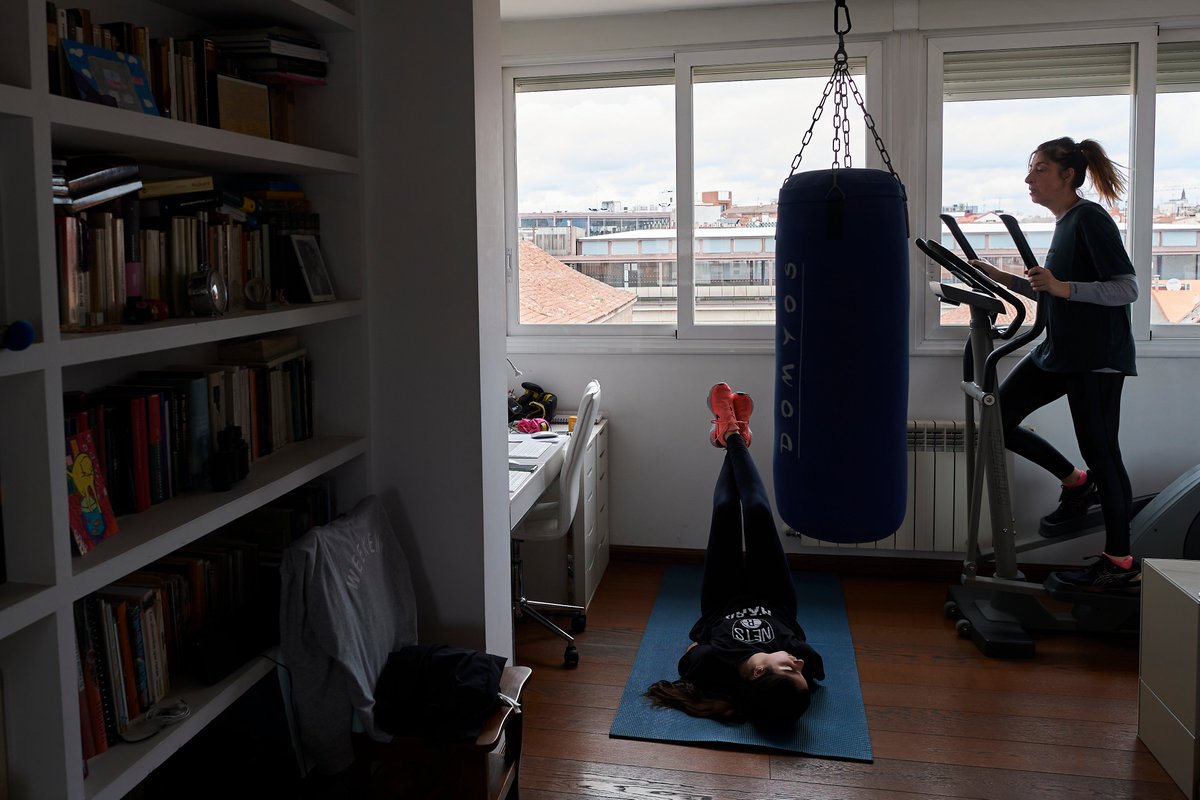
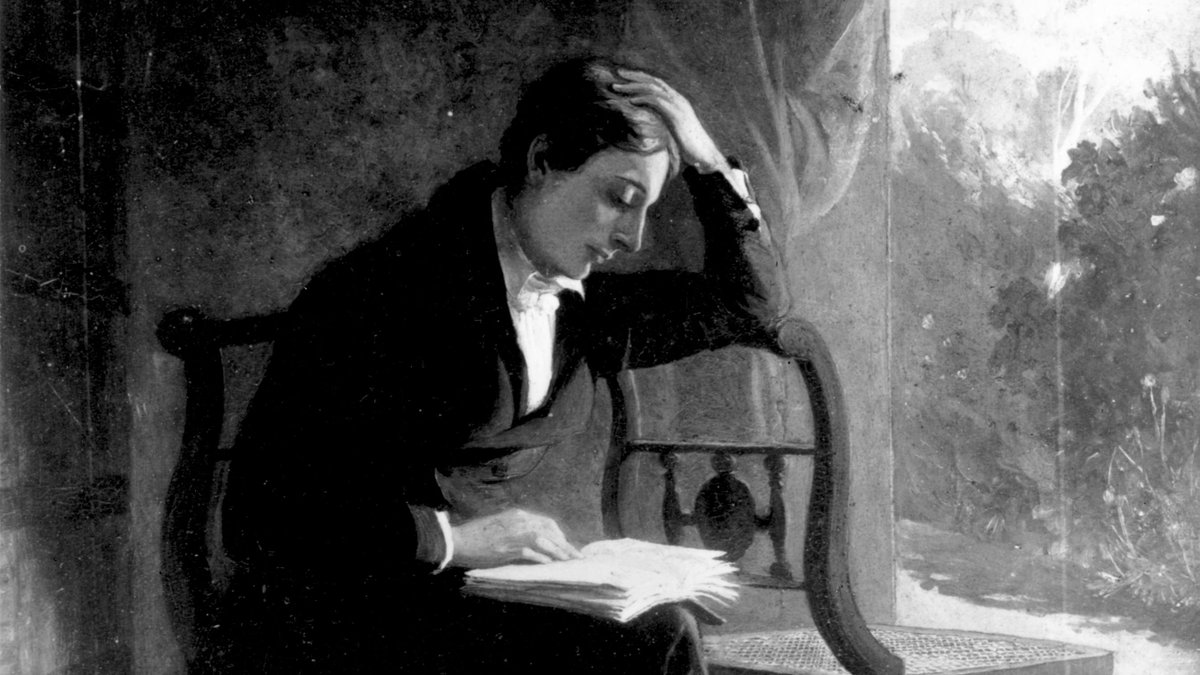
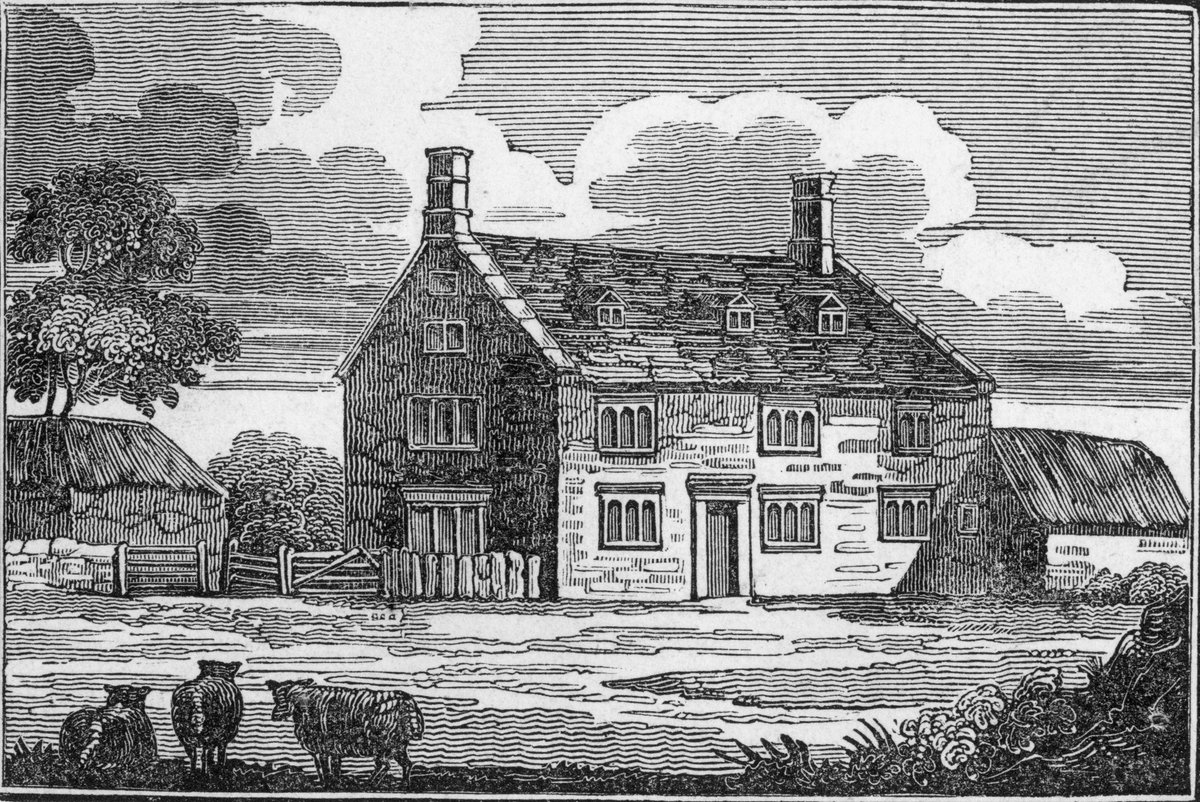
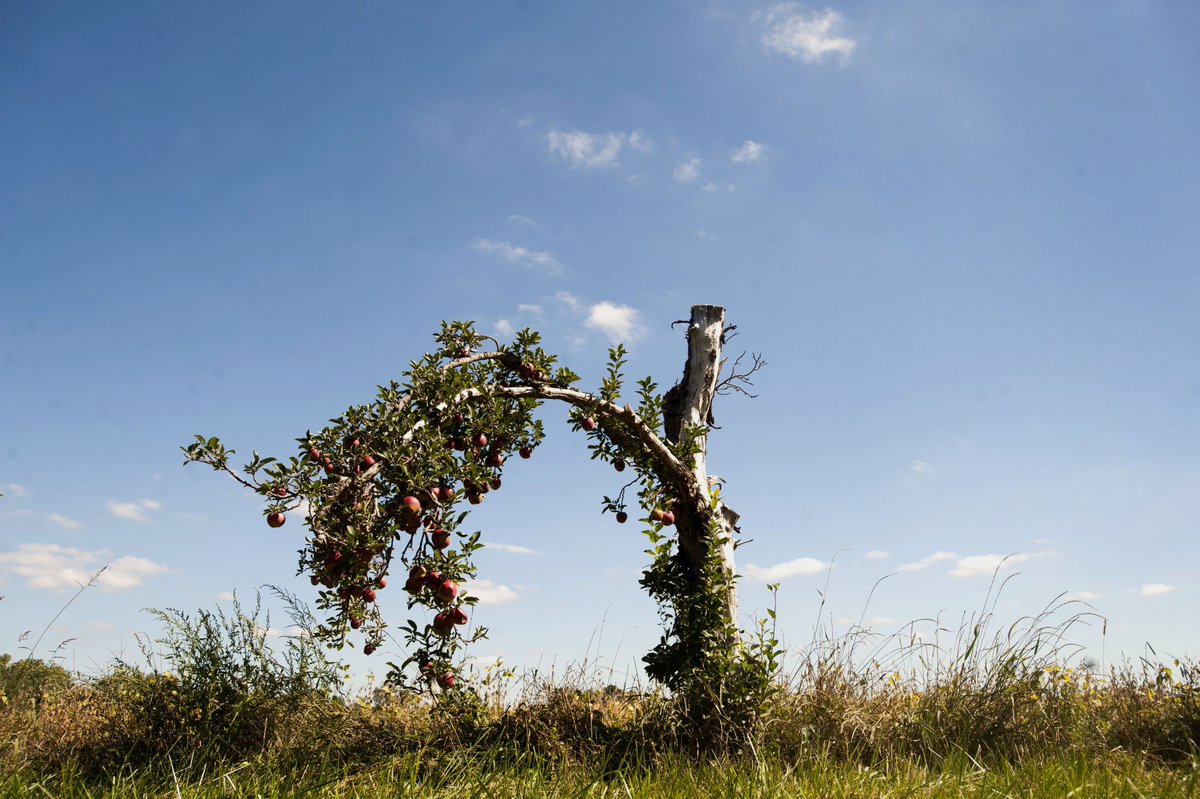 Once he saw an apple fall from a tree, and realized that it responded to the same force as the moon orbiting the earth, which led him to a theory of gravity https://trib.al/2ipk2f4&q..." title="Young Newton spent endless hours alone in nature, in pensive absorption.https://abs.twimg.com/emoji/v2/... draggable="false" alt="🍎" title="Red apple" aria-label="Emoji: Red apple"> Once he saw an apple fall from a tree, and realized that it responded to the same force as the moon orbiting the earth, which led him to a theory of gravity https://trib.al/2ipk2f4&q..." class="img-responsive" style="max-width:100%;"/>
Once he saw an apple fall from a tree, and realized that it responded to the same force as the moon orbiting the earth, which led him to a theory of gravity https://trib.al/2ipk2f4&q..." title="Young Newton spent endless hours alone in nature, in pensive absorption.https://abs.twimg.com/emoji/v2/... draggable="false" alt="🍎" title="Red apple" aria-label="Emoji: Red apple"> Once he saw an apple fall from a tree, and realized that it responded to the same force as the moon orbiting the earth, which led him to a theory of gravity https://trib.al/2ipk2f4&q..." class="img-responsive" style="max-width:100%;"/>
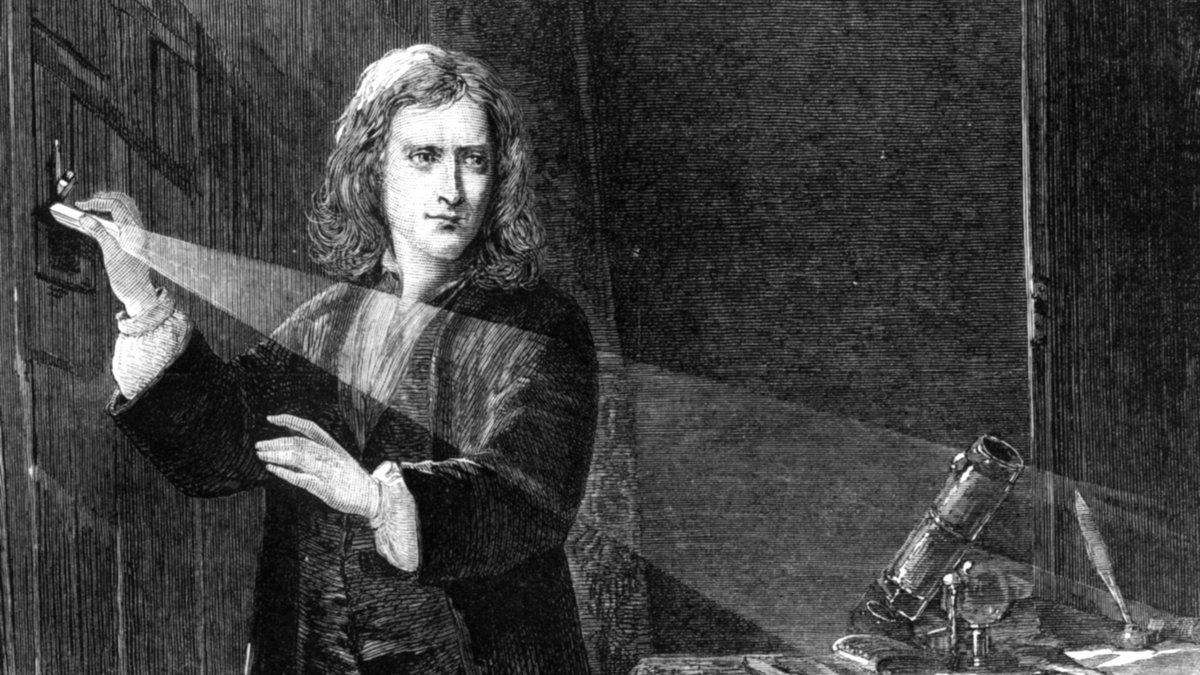 Newton also observed light in its many colors and began thinking about optics. And he applied his logic to nature in a way that led him to pioneer calculus. Historians now call Newton’s quarantine his annus mirabilis, or miracle year https://trib.al/2ipk2f4&q..." title="https://abs.twimg.com/emoji/v2/... draggable="false" alt="🌈" title="Rainbow" aria-label="Emoji: Rainbow"> Newton also observed light in its many colors and began thinking about optics. And he applied his logic to nature in a way that led him to pioneer calculus. Historians now call Newton’s quarantine his annus mirabilis, or miracle year https://trib.al/2ipk2f4&q..." class="img-responsive" style="max-width:100%;"/>
Newton also observed light in its many colors and began thinking about optics. And he applied his logic to nature in a way that led him to pioneer calculus. Historians now call Newton’s quarantine his annus mirabilis, or miracle year https://trib.al/2ipk2f4&q..." title="https://abs.twimg.com/emoji/v2/... draggable="false" alt="🌈" title="Rainbow" aria-label="Emoji: Rainbow"> Newton also observed light in its many colors and began thinking about optics. And he applied his logic to nature in a way that led him to pioneer calculus. Historians now call Newton’s quarantine his annus mirabilis, or miracle year https://trib.al/2ipk2f4&q..." class="img-responsive" style="max-width:100%;"/>
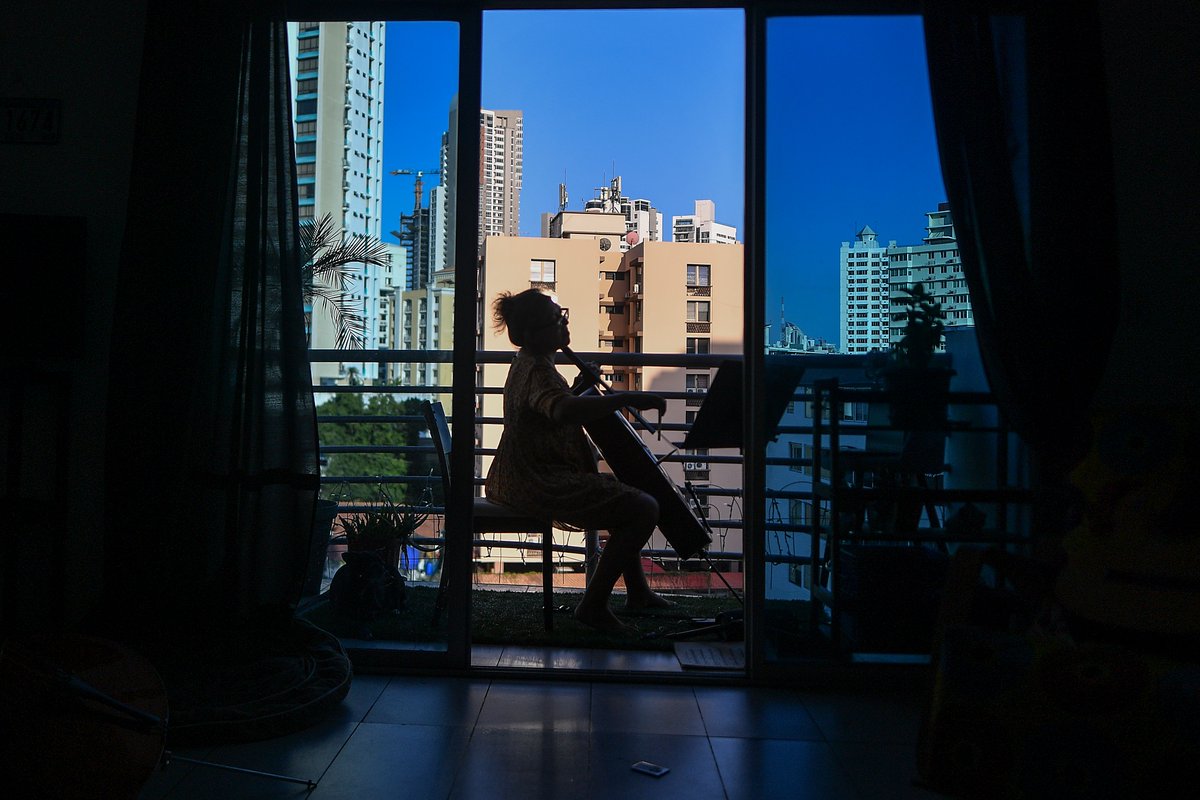 At least something positive could result from this pandemic.Introverts across the world are giving their undivided attention and creativity to composing a symphony, conceiving an algorithm, painting a canvas or writing a book https://trib.al/2ipk2f4&q..." title="https://abs.twimg.com/emoji/v2/... draggable="false" alt="🌎" title="Earth globe americas" aria-label="Emoji: Earth globe americas"> At least something positive could result from this pandemic.Introverts across the world are giving their undivided attention and creativity to composing a symphony, conceiving an algorithm, painting a canvas or writing a book https://trib.al/2ipk2f4&q..." class="img-responsive" style="max-width:100%;"/>
At least something positive could result from this pandemic.Introverts across the world are giving their undivided attention and creativity to composing a symphony, conceiving an algorithm, painting a canvas or writing a book https://trib.al/2ipk2f4&q..." title="https://abs.twimg.com/emoji/v2/... draggable="false" alt="🌎" title="Earth globe americas" aria-label="Emoji: Earth globe americas"> At least something positive could result from this pandemic.Introverts across the world are giving their undivided attention and creativity to composing a symphony, conceiving an algorithm, painting a canvas or writing a book https://trib.al/2ipk2f4&q..." class="img-responsive" style="max-width:100%;"/>


